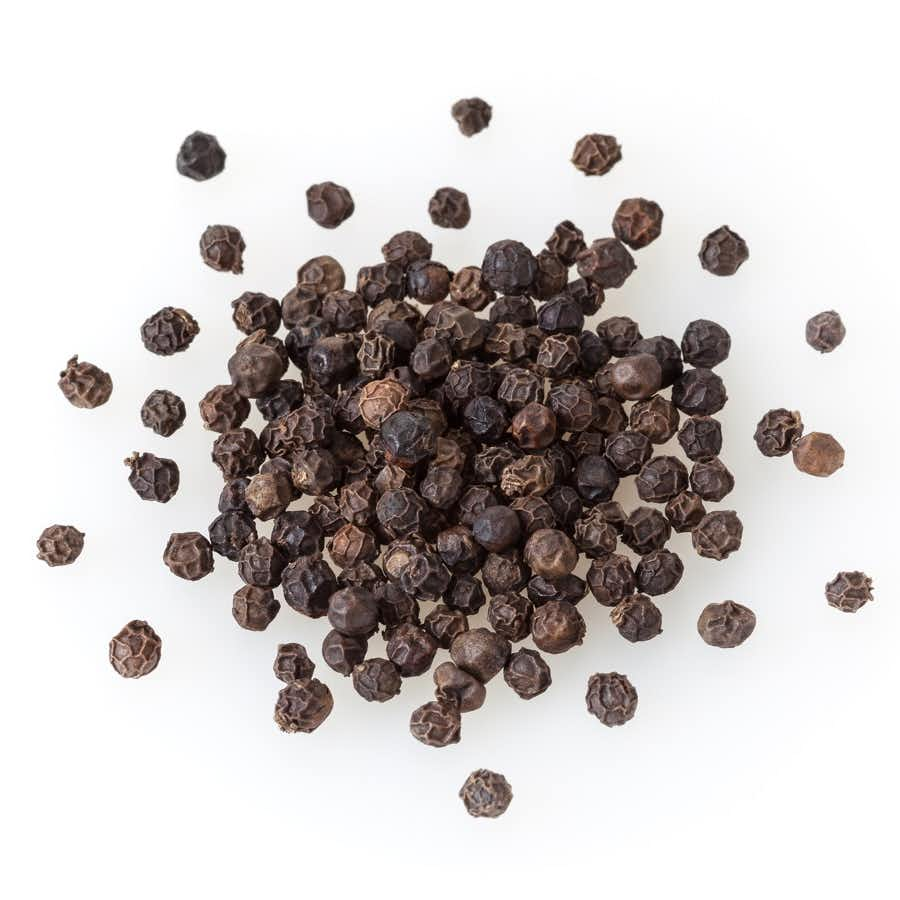
Cinnamon, ginger, fennel, turmeric and other spices have long been used medicinally. Scientists have confirmed that these natural food additives have physiological effects. We hear less often about the benefits of black pepper, but research has revealed that there are several.
Looking for the Health Benefits of Black Pepper:
Q. I often hear about the medicinal benefits of various herbs and spices. However, I don’t typically hear about pepper, a widely available spice. Has there been any research to suggest what benefits it may have?
A. Black pepper (Piper nigrum) has been prized for millennia. The pharaohs of ancient Egypt were mummified with peppercorns in their nostrils, presumably to signify their high status in the afterlife. Venetian merchants were able to build luxurious mansions in large part because they controlled the trade in spices, especially black pepper, during the 15th century.
Medicinal Benefits of Black Pepper:
Although pepper is no longer considered a luxury spice, it does appear to have medicinal benefits. Research suggests that its anti-inflammatory activity is due to a component that blocks cellular endocannabinoid uptake (Reynoso-Moreno, Journal of Agricultural and Food Chemistry, Nov. 1, 2017).
Researchers are exploring the power of piperine, a key ingredient in black pepper, as an anticancer agent (Manayi et al, Current Medicinal Chemistry, online May 23, 2017). Piperine is an antioxidant and antimicrobial compound. In addition, it lowers blood cholesterol, improves digestion and increases absorption of some herbal and conventional drugs (Meghwal & Goswami, Phytotherapy Research, Aug. 2013; Lee et al, Expert Opinion on Drug Metabolism & Toxicology, Jan. 2018; Sahebkar et al, Current Clinical Pharmacology, online Jan. 3, 2018). One of these is turmeric (curcumin), which is notoriously hard to absorb.
Research into gene activation shows that piperine can boost the activity of bone-building cells called osteoblasts (Kim et al, Biochemical and Biophysical Research Communications, Jan. 1, 2018). We don’t know if the amount of black pepper a person would consume as part of a meal would be adequate to produce a clinical improvement.

